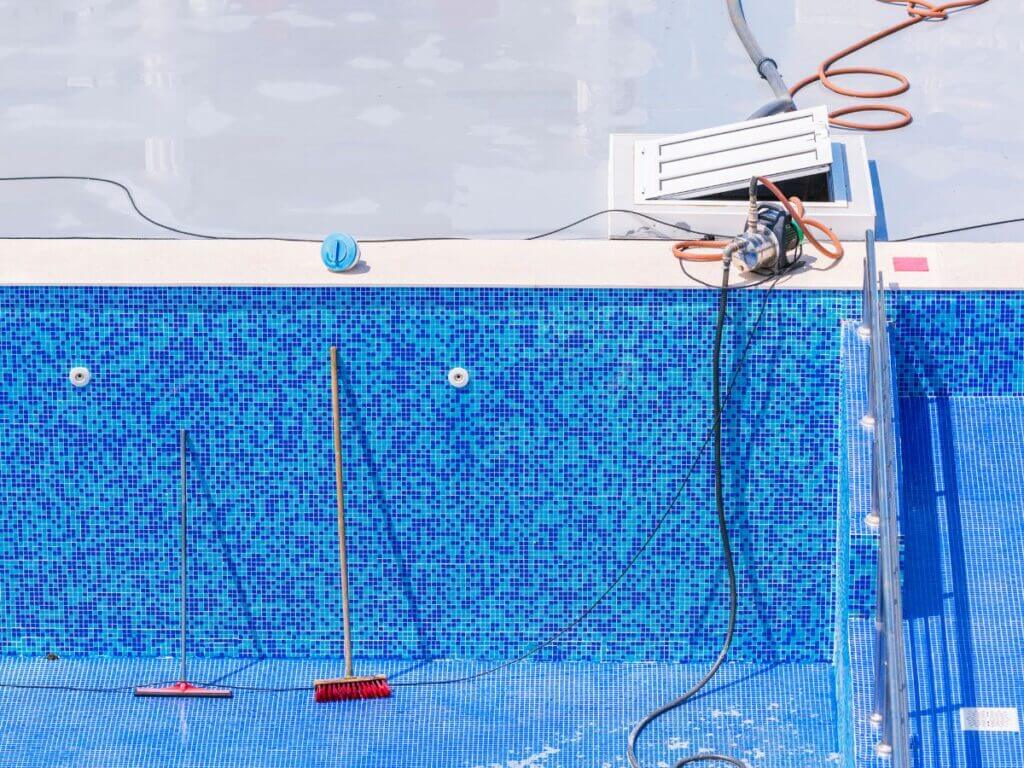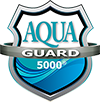If you are just moved to a home with an in-ground swimming pool, or you are going to have one put on your lawn, you need to know to properly maintain your swimming pool. Keeping it in all-around good shape will reduce the need for needing pool repairs in the long run and using a maintenance schedule will reduce your operating costs as well. Read on to find out the basics about swimming pools.
Great Water Circulation
Proper water circulation in your pool keeps the pool clean and makes it safe to swim in it. If you have good circulation, you won’t get water issues such as cloudy water and pool algae. Ideally, you should run your pump 24 hours a day to keep the water circulating at its bests. If this doesn’t fit into your electricity budget, you can get away with running the filter from 10 to 12 hours a day. This is enough time for the entire amount of water to be turned over a few times per day.
You also need to frequently backwash your pool filter. This is when you reverse the flow of water through your filter so the dirty water and contaminants flow to the waste port and out of your pool water.
A Sample Pool Cleaning Schedule
If your pool has proper circulation, then you’ve already won half the battle of keeping it clean. You do need a few items to clean it by hand such as a net skimmer, pool brush, and a pool vacuum, which are all readily available at a swimming pool supply store. Leaves and twigs blow into your pool with storms and you may find a frog or two at times. Residues from body lotion, perfumes, and hair products also get into your pool, and these need to be removed to reduce the risk of bacteria.
You should skim, brush and then vacuum your pool once a week.
Balancing Your Water Chemicals
Knowing how to use your water test kits and using them often is a key ingredient of pool ownership. The pH levels measure the acidity in your pool water. The ideal range is between 7.4 and 7.6.
Alkalinity works like a pH buffer to avoid spikes in chemicals. You should shoot for a number in the range of 100 to 150 parts per million (ppm).
Sanitizer levels are the number of cleaners in your pool water, which can be chlorine or bromine.
Follow the directions on your pool testing kit to know what chemicals in your water need adjusting for crystal clear and clean water.
Shocking Your Pool
When you get a lot of rainwater in your pool from storms, your sanitizer won’t work as well as it should. Add pool shock to it late in the afternoon and let the pump run for at least 8 hours or so to make sure it has circulated throughout the water.
Common Swimming Pool Repairs
There are some common swimming pool repairs that you should be aware of if you are a new owner.
Pool Equipment Repairs
Your pool equipment includes electrical items, machinery, pumps, and motors that keep your pool safe and clean. If you hear an odd noise, such as grinding or screeching, something needs to be looked at. If you happen to see leaks or rust anywhere it’s also a sign that you need some sort of repair work.
 Pool Plumbing Repairs
Pool Plumbing Repairs
If your water bill is suddenly very high and you aren’t using extra water to irrigate the lawn or anything out of the ordinary, then you should call for swimming pool repairs from a pool repair and maintenance company. Remember, don’t call a plumber, because they work on homes and not on swimming pools.
Pool Replastering
When your pool becomes rough, peeling, stained or it’s fading then you should get your pool replastered. If a swimmer’s feet get sore or sensitive from walking on the pool bottom or it feels like sand on a beach beneath your feet, then you should get a pool evaluation to see what can be done.
Coping, Pavers, and Hardscapes
These items can need repairs if they are worn out or broken on your pool decking. Concrete surfaces can break, crack and overheat in extreme sunlight and need repairs. Consider some of the more modern types of decking and pavers that are beautiful and strong for long-lasting products.
Water Features Repair
Water features need repairs every so often too. This includes bubblers, fountains, jets, and your spa. If they have a low water flow issue, this is a sign that you need repairs.
Conclusion
Keeping your swimming pool clean helps parts to last longer and listening and watching for items that don’t seem right will allow you to get repairs while replacing fewer items than waiting and needing an entirely new system.
At Aqua Guard 5000, we have over 30 years of experience in installing, beautifying, and repairing swimming pools of all types. We are your premier swimming pool company in the area to shop for pool paint, restoration, and repair products. Contact us today for a new installation, supplies, or pool repairs. We look forward to meeting you!







